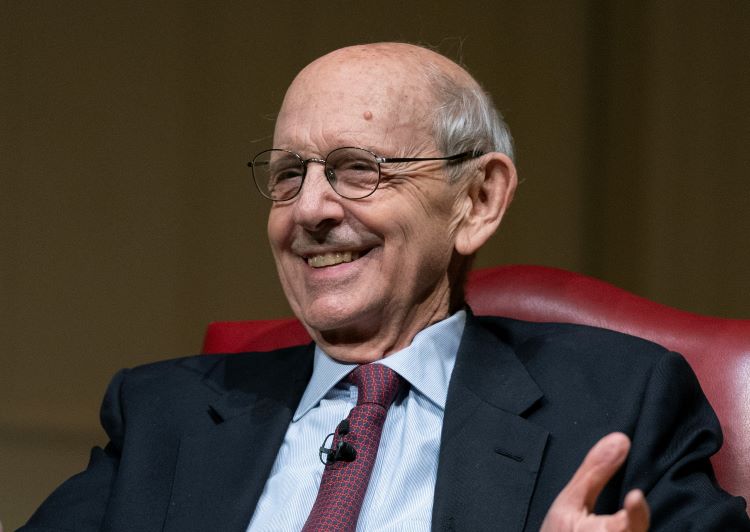Afternoon Briefs: California law schools announce fall online classes; law protects monuments, state AG says

Image from Shutterstock.com.
2 California law schools announce plans for fall online classes
Because of COVID-19 concerns, fall 2020 classes will be online at the University of California at Irvine School of Law and the University of California at Berkeley School of Law, the schools announced this week. At the Irvine law school, there’s a possibility that the first-year law students will take one or two fall classes in person, depending on the public health situation. At the Berkeley law school, there are no plans for fall in-person classes. Campus COVID-19 policy at that school prevents more than 25 students from being in a classroom at one time, and that would prohibit even a small 1L class meeting, law dean Erwin Chemerinsky wrote in a June 26 letter. (June 23 letter to Irvine law students, June 26 letter to Berkeley law students)
South Carolina attorney general affirms state protection of monuments
South Carolina Attorney General Alan Wilson’s office wrote in an opinion Thursday that the Heritage Act, a 2000 law that prevents historic monuments from being torn down or altered without the input of the legislature, is constitutional. “The general assembly possesses paramount authority over public property, public places or public areas of the state and its political subdivisions and, thus, may protect monuments and memorials dedicated to past wars or to honor its citizens as it deems appropriate,” according to the opinion. It is not binding but could be used in legal battles over removing monuments dedicated to Confederate soldiers, slavery defenders or segregationists. Wilson has said he would not take legal action against the recent removal by Charleston, South Carolina, of a statue of former U.S. Vice President John C. Calhoun. In that case, the statue was on private property, which means that it wasn’t protected by the act. (The Associated Press, the Post and Courier, June 25 opinion)
Courts halt loosening of COVID-19 rules amid case surge in Florida
After easing COVID-19 restrictions this week, the Miami-Dade Circuit Court was forced to backtrack as Florida tracked more than 5,000 new cases on two different days. Florida Supreme Court Chief Justice Charles Canady said in a June 16 administrative order that under Phase 2 rules, “limited in-person contact is authorized for certain purposes and/or requires use of protective measures.” Miami-Dade Chief Judge Bertila Soto said in a separate order Monday that courts would require visitors to wear masks and submit to temperature checks and health screenings. Any large-scale reopening of state courts is now off until at least late July, and South Florida federal trials are delayed until at least Aug. 31. (Law.com)
Wisconsin appeals court rules drawing and testing unconscious drivers’ blood is unlawful
A three-judge panel of the Wisconsin Court of Appeals held Thursday that it is unconstitutional to draw and test an unconscious driver’s blood. In its decision, the panel wrote that “the incapacitated driver provision is unconstitutional because the implied consent that incapacitated drivers are deemed to have given and presumed not to have withdrawn does not satisfy any exception to the Fourth Amendment’s warrant requirement.” All 50 states have some kind of implied consent laws, and the appeals court noted the need to find a balance between the work of police and the protection of individuals against warrantless searches. (The Associated Press, Courthouse News Service, the Wisconsin State Journal, June 25 decision)



